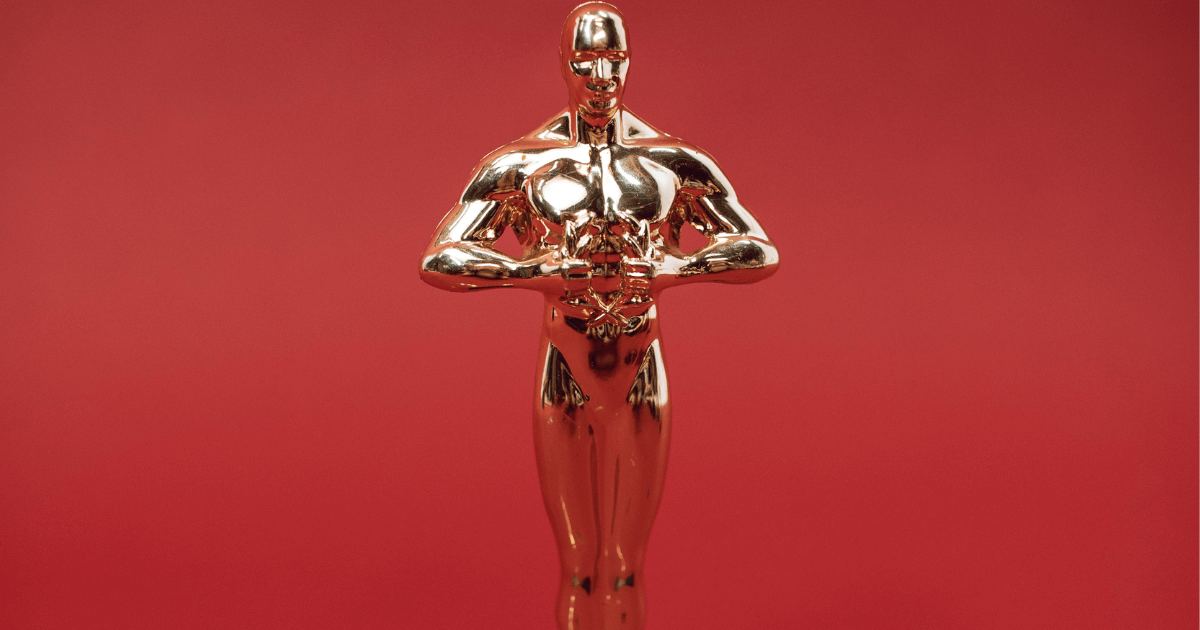Streamers Win Big, Look to Licensing

In just three years streaming services have gone from fielding questions about whether their content should be counted as real films to winning some of Oscar’s top prizes.
Between Apple Studios, which acquired CODA for $25 million last year and won three Academy Awards including one for Best Picture, and Netflix, which received 27 nominations this year, streamers are cementing themselves not just as Oscar contenders but also as licensing fodder.
For the most part, the Oscars have typically focused on artistically-driven films rather than the blockbusters that traditionally yield consumer products—a factor that complicates putting together a licensing program based on awards bait. But, as Oscar contenders, streaming services are making ever-broader advancements in licensing after waiting for years to control content rights.
The streaming services’ move into licensing initially came with series like House of Cards and Stranger Things. But, more recently, Netflix has been rolling out a broader licensing program, including a live experience for Bridgerton. Amazon Prime Video also has several programs, including agreements with Jazwares, Funko, and NECA for toys inspired by The Boys.
Recent inroads streamers have made in content and licensing came after a year in which Hollywood struggled to restart movie-going. Global ticket sales totaled $21.3 billion in 2021, down from $42.3 billion in 2019, according to the Motion Picture Association. (Theaters were closed for much of 2020.) At the same time, the number of subscriptions to online video services around the world grew to 1.3 billion, up from 864 million in 2019, the group said.
“We are in a content war and everyone is producing a lot of IP and there are a lot more places to get it,” said Striker Entertainment Founding Partner Russell Binder, whose agency represents The Umbrella Academy. “But it’s being consumed so quickly that it is hard to maintain a relationship with a consumer unless you are treating it as a franchise supporting other areas of content creation in gaming, publishing, and other narrative outlets like location-based. It’s digested and people are on to the next thing, so it is hard for these properties to be sticky these days.”
Winning big at a major awards ceremony certainly helps to keep streaming content—and its related licensing programs—top of audiences’ minds. But the key for streamed content in creating a lasting licensing program may well be developing a franchise.
Many of the streaming services are in the early days of doing this and face a challenge in creating content with the same cadence and marketing support as theatrical releases. To begin with, streaming has yielded surprise breakout hits like Squid Game that have required licensing programs to be assembled in short order. And while Disney+, HBO Max, and Apple TV have released series content on a weekly basis, most streamed content is subject to binge-watching.
“In a sense, they are releasing series but they are being consumed like movies in a truncated viewing pattern,” said a licensing executive. “Shows on Apple, Disney, and HBO Max tend to be a little stickier because you have to come back every week and you can’t binge it unless you wait until it’s all out. The relationship with the consumer on a weekly basis has been helpful to cement that longer-term relationship with the IP” and licensing




